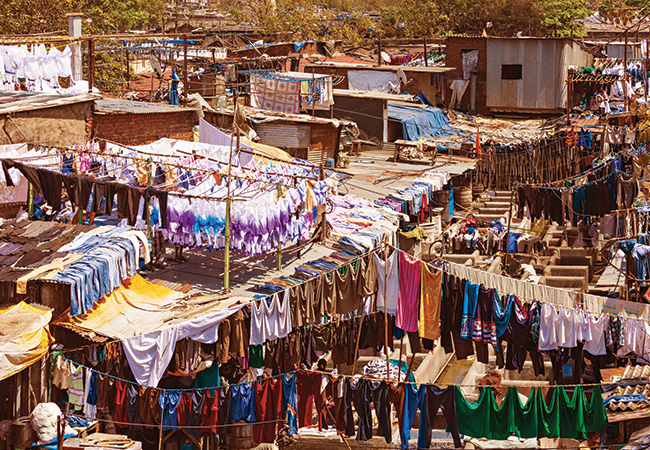Global Understanding
Criteria
You demonstrate a personal understanding of, and perspective on, the relationship between power or privilege and any of the following:
Economics
Environment
Ethics
Politics
Religion
with reference to more than one context.
Student presents the required
academic knowledge but does
not offer a personal perspective.
Student makes gross
generalizations about global
populations and oversimplifies
economic, political and cultural
factors in the interactions of
people.
Student exhibits racist, sexist,
homophobic or discriminatory
attitudes or behaviours.
Examples

A student travels from Japan to Cambodia to build a school (two global contexts). He reflects on the idea that they are doing service to help people with less access to resources (power/privilege), but also considers that the students are actually terrible builders and that their presence there is taking work away from more capable local builders who need the work (economics). He begins to wonder if this service is not actually harmful and weighs the value of raising awareness among those with greater access to resources–himself and classmates–versus how the money spent on the trip could do more good for the people if they had not spent it on travelling (ethics).

Student posts an essay written for economics class about outsourcing of labour for fashion clothes manufacturers (multiple global contexts, economics). In the essay she recognizes that the use of cheap labour in developing countries is exploitative (power/privilege). In reflecting on what she learned in the essay, she decides to learn more about fair-trade organizations to understand the alternative they offer(ethics).

Student is guided through a “slum” in Mumbai and recognizes the differences between this and her own lifestyle (multiple countries, power/privilege). She learns about the industries at work in the slums and how people make their livings (economics). After, though she is grateful for what she learned on the tour, she questions the ethics of making a “slum tour” into a profit-generating exhibit (ethics).

Having lived for a time in Canada and Spain, a student reflects on the separatist movements of the Quebecois and the Catalans, and also of the Scots. He recognizes the minority cultures (power/privilege) and considers the processes for declaring sovereignty for each (politics). He considers whether on the whole, separation benefits the minority culture or negatively affects it (economics).
